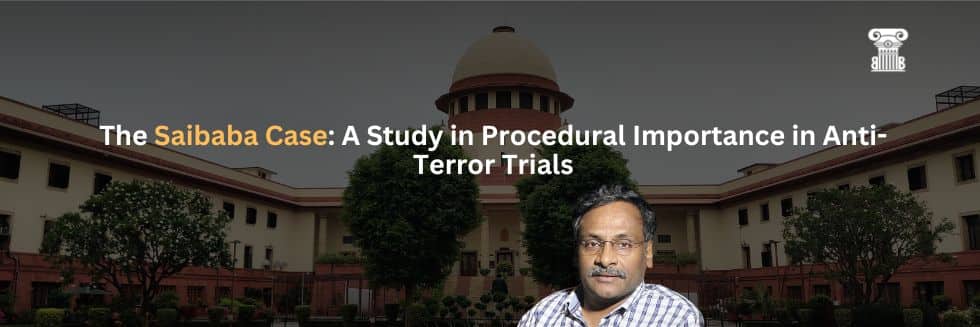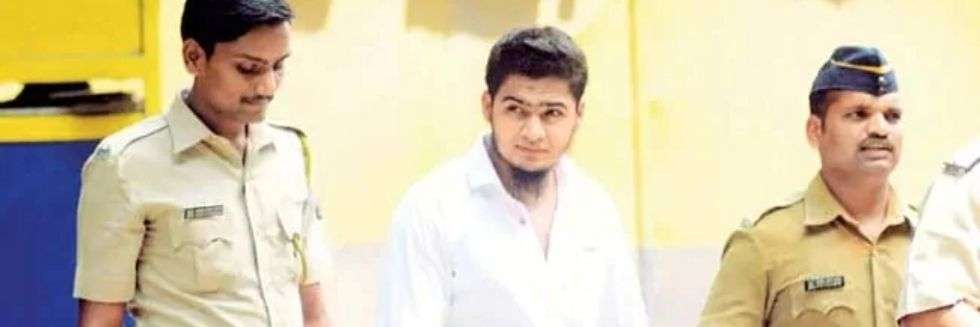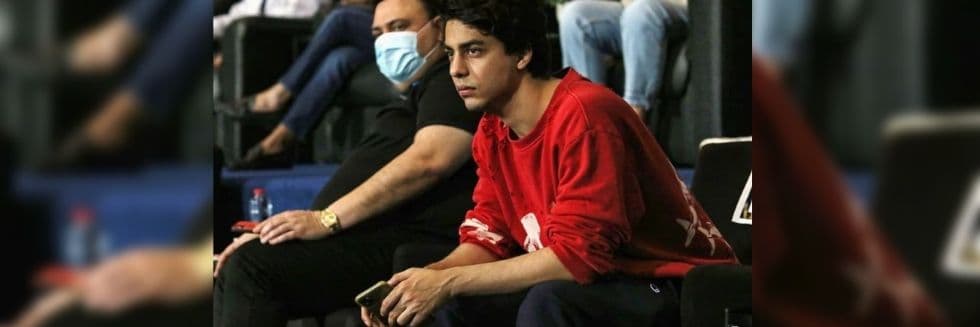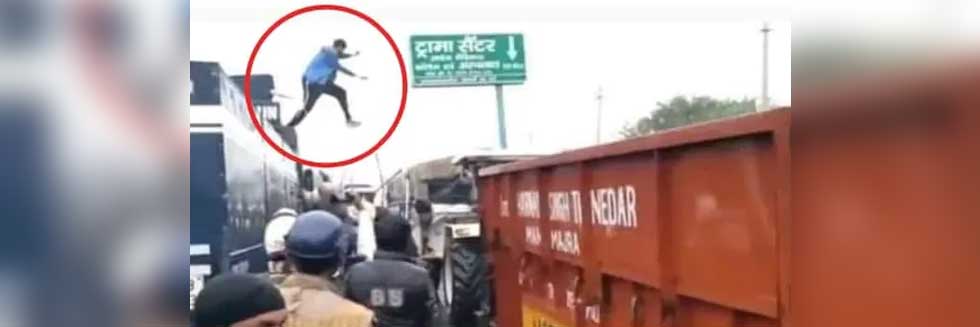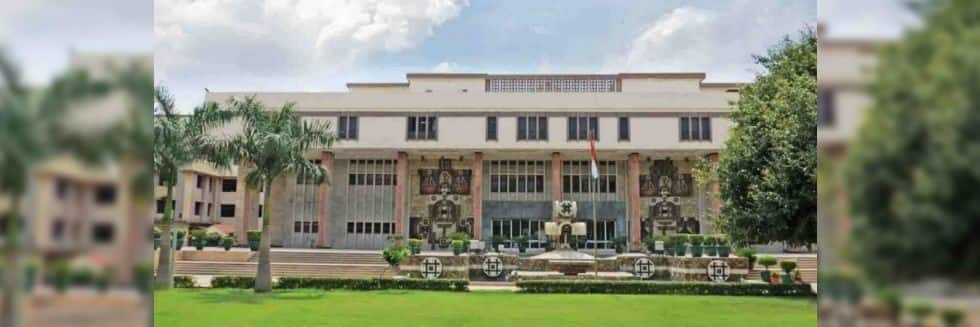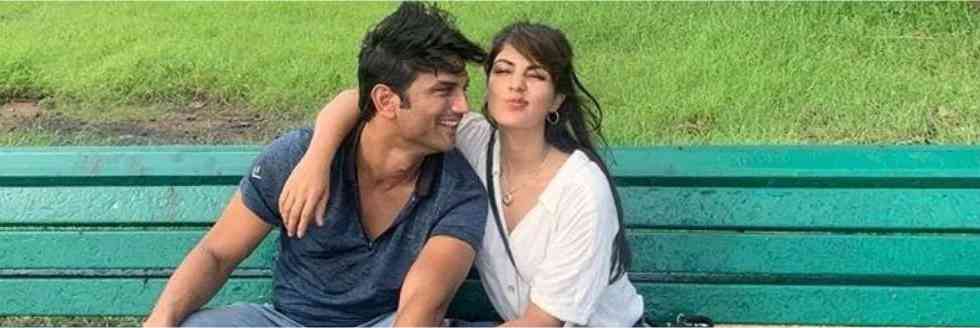The Nagpur Bench of the Bombay High Court recently overturned the conviction of former Delhi University professor G N Saibaba in the case of Mahesh Kariman Tirki and Ors. v. State of Maharashtra (2024). This decision underscores the crucial role of procedural adherence in anti-terror trials and marks the second time an appellate court has pointed out prosecutorial shortcomings in this case.
The Saibaba Case: An Overview
Saibaba, along with five others, was arrested under the Unlawful Activities Prevention Act, 1967 (UAPA) on charges of terrorism. The joint judgment and conviction orders passed in 2017 were challenged by the convicted accused through two separate appeals. Initially, a crime was registered in 2013 at the Aheri Police Station, District Gadchiroli against Mahesh Tirki, Pandu Narote, and Hem Mishra. The involvement of Prashant Sanglikar, Vijay Tirki, and G N Saibaba was later discovered during the investigation.
Chargesheet and Charges
The investigation culminated in the filing of a charge sheet, followed by a supplementary charge sheet. After adhering to Section 208 of the Code of Criminal Procedure, the Trial Court framed charges against all six accused under various sections of the UAPA and Section 120-B of the Indian Penal Code, 1860 (IPC).
Witnesses and Defense
Upon pleading not guilty, the prosecution presented 25 witnesses and relied on documentary evidence to establish the guilt of the accused. The accused denied all charges, claiming false implications, and did not present any witnesses in their defence.
Trial Court’s Conviction
The Trial Court, after evaluating the evidence, found all accused guilty and convicted them of various offences, imposing both punishment and fines. The trial court convicted them in 2017, alleging links with the banned terrorist organization CPI (Maoist) and its frontal organization (RDF), despite procedural irregularities.
High Court’s Decision
The High Court nullified the proceedings of the Sessions Case due to the absence of valid sanction under Section 45(1) of the UAPA. It set aside the order of conviction, stating that the appeals of the accused, even after the demise of one, do not abate. The court rejected the prosecution’s plea for obtaining proper sanction during the appeal.
Appeal to Supreme Court
The accused individuals were released from custody, with bail conditions set. However, the State appealed to the Supreme Court, arguing that the High Court’s judgment was not based on merit. Consequently, the Supreme Court remitted the case to the High Court for a fresh decision on merits and the validity of the sanction.
Court’s Conclusion in Saibaba Case
After examining the evidence, the Bombay High Court deemed the conviction as legally unsustainable, allowing objections to the sanction’s validity in this appeal. The Court found total non-compliance with various UAPA provisions, rendering the sanction to prosecute Accused Nos.1 to 5 invalid. The Trial Court’s cognizance without valid sanction regarding Accused No.6 renders proceedings null and void. The Bombay High Court stated that violations of UAPA provisions on arrest, search, and seizure undermine statutory presumptions and constitute a failure of justice. Consequently, the Trial Court’s judgment was adjudged unsustainable, leading to the allowance of the appeals. The accused were acquitted of specified charges, with necessary bail arrangements made.
Court’s Reasoning in Saibaba Case
Section 465 of the Code of Criminal Procedure, 1973 (CrPC) does not cure the absence of a sanction, rendering the trial void. The UAPA’s genesis is safeguarding national sovereignty, not sacrificing procedural integrity. Procedural safeguards, including sanctions, are not ritualistic but integral to due process.
